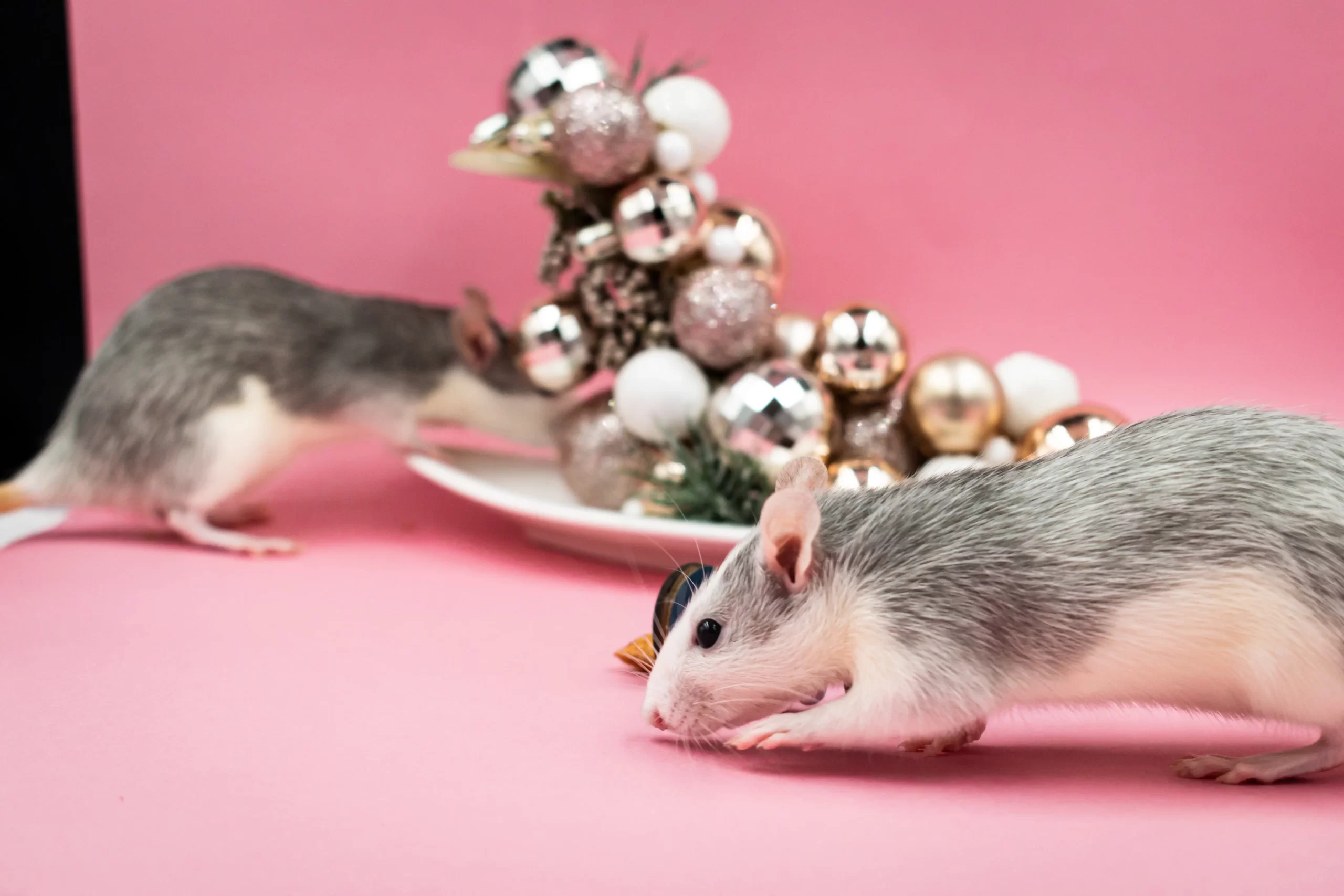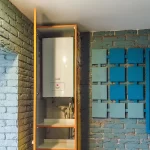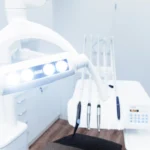Our homes, regardless of how well-maintained or pristine they may be, are often invaded different pesky critters lured by the promise of food, warmth, and shelter. However, the unwelcome guest that often tops the list of unwanted invaders is the wild rat.
Say Goodbye to Rats: Effective Methods for Eradication
Related Topics (Sponsored Ads):

Rats wreak havoc in numerous ways, leading to substantial repair bills. They nibble away at walls, gnaw through electrical wiring, ruin furniture, and litter your space with nests built from stolen materials. The damage doesn’t end here; rats pilfer food, contaminate cabinets, and leave a trail of urine and droppings. Their threat isn’t confined to property damage either. Rats are carriers of severe infectious diseases like Hepatitis E and Typhus, which they can transmit to humans through bites, infected fleas, or wounds. Therefore eliminating rats promptly and efficiently is vital to maintaining a healthy and damage-free home.
Identifying a Rat Infestation in Your Home
If you suspect a rat infestation but aren’t entirely sure, here are some clear indicators of their presence.
- A Symphony of Noises & Unusual Odors: Place your ear against the wall and tune into the sounds. Listen out for squeaking, scratching, and rustling noises that rats make as they scamper around. Also, take note of any strong ammonia-like smells, a sure sign of a rat’s presence.
- Trail of Droppings & Smudges: Rats leave a trail of small, dark, pellet-shaped feces as they scamper around your home. These feces are often found along their usual routes which are easy to identify due to the greasy smears and smudges they leave behind.
- Footprints & Tail Marks: A closer inspection of isolated dusty corners might reveal rat footprints and tail marks. If your home is dust-free, try spreading baking soda in suspected areas and check for marks the next morning.
Eliminating rats can either be done through professional extermination services or DIY methods. Professional pest control, while effective, can be costly, ranging between $330 and $600, depending on the severity of the infestation and the company engaged. DIY methods can be a cost-effective alternative if you’re up for the challenge.
Here are some DIY methods to rid your home of rats, re-arranged for effective application:
Method 1: Use Bait Stations
Bait stations like enclosed plastic boxes with rodent killers inside, can be an effective traps in your rat extermination strategy. These bait stations are safe for kids and pets as the poison is carefully enclosed, yet lethal for rodents.
Method 2: Adopt or Buy A Cat
Adopting or purchasing a cat, particularly outdoor or barn cats known for their hunting prowess, can be a natural solution for controlling rat populations and preventing future infestations, provided you’re not allergic to cats.
Method 3: Essential Oils Application
For those seeking a natural, chemical-free method, essential oils are a good choice. Strongly scented oils such as tea tree, eucalyptus, and peppermint disrupt rats’ pheromone trails and irritate their noses. Mix about ten drops of the essential oil with a cup of water in a spray bottle and spray along the baseboards and door jams. If you have pets, consult your vet before using this method.
Method 4: Employ Mouse Traps
Don’t underestimate the effectiveness of the humble mouse trap. These work best when set up in areas where you’ve spotted signs of rat activity. Choose from sticky traps, snap traps, or electric traps based on the severity of your rat problem. Change the trap locations every few days to maximize their effectiveness.
Method 5: Seal Entry Points and Maintain Cleanliness
Rats require small entry points to invade your house. Regularly check and seal any gaps in your walls with wire wool, metal kick plates, cement, or caulk. In addition to this, keeping your house clean and free of food leftovers can go a long way in deterring rat infestations.
In our never-ending battle against these invasive creatures, knowledge and action are our best allies. Remember, prevention is always better than a cure!










